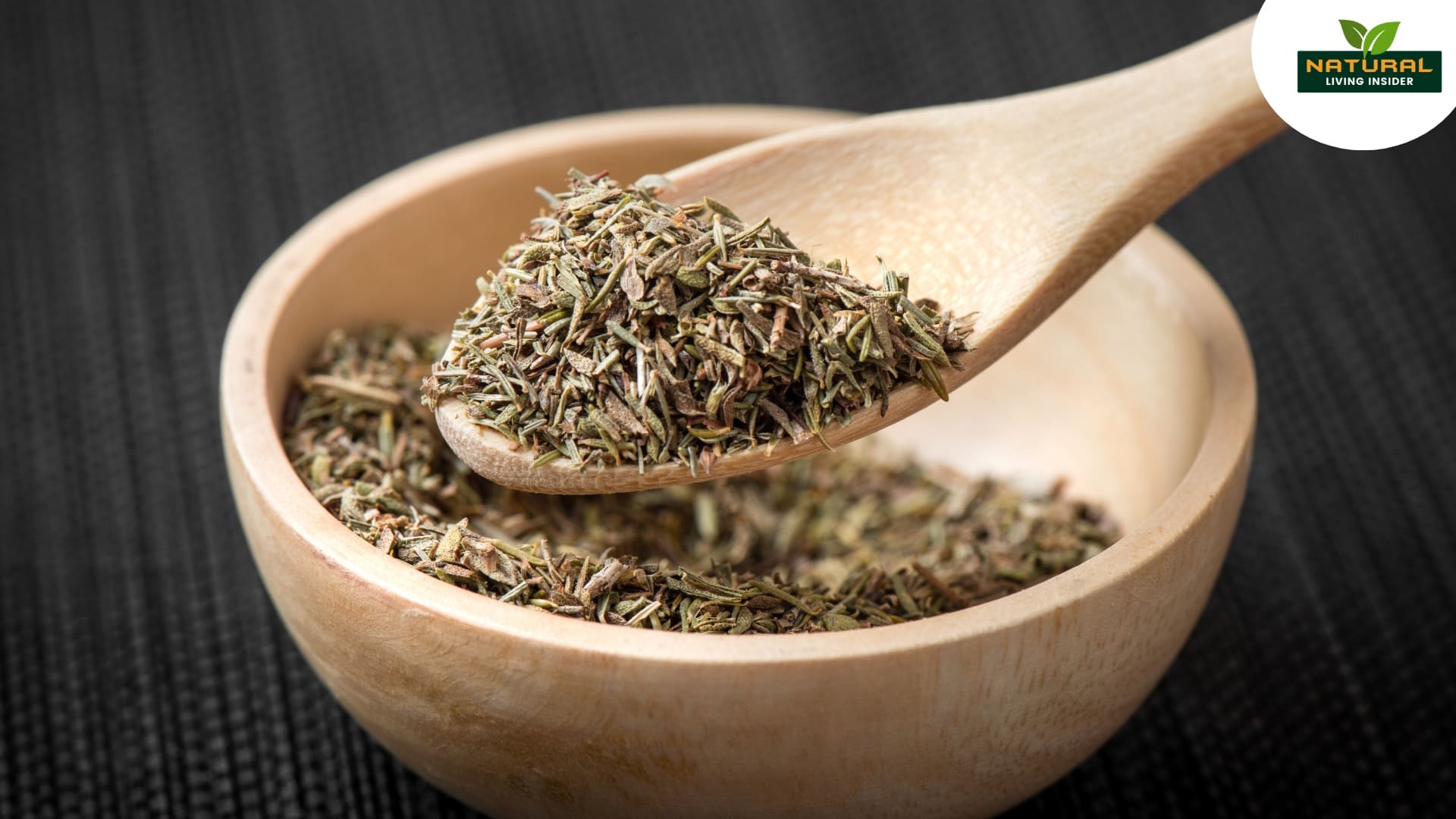
Thyme is a fragrant, evergreen herb that has been cherished for centuries, both in the kitchen and in traditional medicine. Known for its bold flavor and numerous health benefits, thyme is a must-have herb in any garden or pantry. Whether you are a seasoned chef or a casual cook, thyme can elevate your dishes and provide you with natural wellness support.
Table of Contents
What is Thyme?
Thyme (scientifically known as Thymus vulgaris) is a small shrub belonging to the mint family. It boasts tiny, aromatic leaves that release an intense earthy, slightly minty flavor when used in cooking. Available in both fresh and dried forms, thyme is a popular choice for seasoning meat, vegetables, soups, and stews.
Culinary Uses of Thyme
Thyme is incredibly versatile in the kitchen. Here are some common ways to use this herb in your meals:
- Seasoning for Meat: Whether you're grilling chicken, roasting lamb, or pan-searing pork, thyme enhances the savory flavors of meats.
- Herb Blends: Thyme pairs beautifully with other herbs like rosemary, oregano, and basil, making it a key ingredient in herb blends like Herbs de Provence.
- Vegetable Dishes: Add thyme to roasted vegetables, potatoes, or stir-fries for a savory depth of flavor.
- Soups and Stews: Thyme is a natural addition to broths and stews, helping to bring out the richness of the ingredients.
- Garnishing: Fresh thyme sprigs can be used as a garnish on a variety of dishes, from roasted meats to fresh salads.
Health Benefits of Thyme
Thyme isn't just a delicious herb—it also has a number of health benefits, making it a great addition to your wellness routine. Here’s why you should consider incorporating thyme into your daily life:
- Rich in Nutrients: Thyme is packed with vitamins and minerals such as vitamin C, vitamin A, iron, and manganese.
- Antioxidant Properties: Thyme is rich in antioxidants, which help to combat free radicals and reduce oxidative stress.
- Anti-inflammatory: Thyme’s compounds may help reduce inflammation in the body, offering support for conditions like arthritis.
- Digestive Health: Thyme is known for its ability to improve digestion and alleviate issues like bloating and indigestion.
- Natural Antibacterial: Thyme has natural antibacterial properties that can aid in fighting infections and promoting overall health.
How to Grow Thyme?
Growing thyme is easy, making it a fantastic addition to your herb garden. It thrives in sunny, well-drained soil and requires minimal care. Whether you grow it in your garden, in pots, or on a windowsill, thyme is a hardy herb that will provide you with fresh leaves year-round.
Tips for Growing Thyme:
- Choose a sunny spot or provide 6-8 hours of sunlight daily.
- Water the plant moderately—thyme prefers dry conditions, so avoid over-watering.
- Harvest thyme regularly by cutting the stems, which will encourage new growth.
- Use fresh thyme leaves for the best flavor, or dry them for later use.
Thyme Recipes to Try
- Thyme-Infused Roasted Chicken: A simple recipe where thyme is paired with garlic, lemon, and olive oil to create a flavorful, tender roasted chicken.
- Thyme & Lemon Chicken Soup: A comforting and hearty soup with thyme, fresh vegetables, and a lemony finish.
- Thyme-Infused Oil: A great way to preserve fresh thyme and create a fragrant oil for drizzling over salads, vegetables, and bread.
Thyme is more than just a flavorful herb; it’s a versatile, nutrient-rich addition to both your kitchen and wellness routine. Whether you’re using it to enhance your culinary creations or benefiting from its natural health properties, thyme offers something for everyone. From easy-to-grow plants to delicious recipes and proven medicinal qualities, thyme continues to be a cherished herb across cultures. Incorporating thyme into your daily life can elevate your meals and contribute to a healthier lifestyle. Start exploring the many benefits of thyme today and experience its rich flavors and healing power firsthand!



